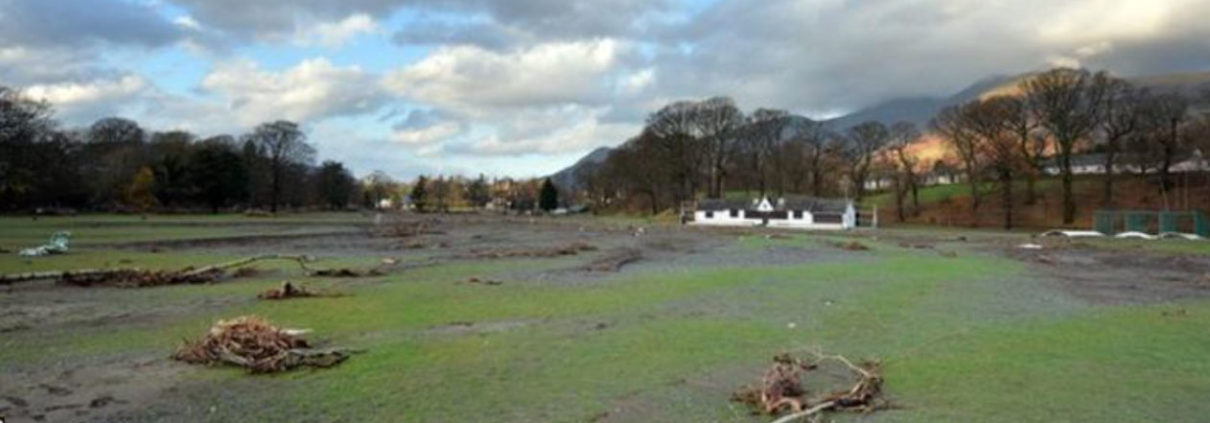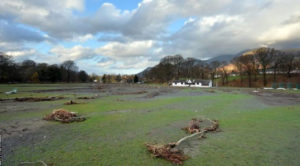 A cleaner at a school on Australia’s Gold Coast has been awarded more than $156,000 in compensation after workmates led him to believe there had been a “sex romp” in the staffroom as a practical joke.
A cleaner at a school on Australia’s Gold Coast has been awarded more than $156,000 in compensation after workmates led him to believe there had been a “sex romp” in the staffroom as a practical joke.
Lawyers for Shane Green, a cleaner at Helensvale state school, said he was shocked to find dishevelled bedclothes, empty bottles and condoms in the school’s staffroom on 24 September 2014.
A male groundsman and a fellow cleaner, a woman who acted as Green’s supervisor, had set up the scene to give the impression that an orgy had taken place in an escalation of a series of pranks involving the three of them.
The Queensland Civil and Administrative Tribunal found on 10 January that Green had been subjected to sexual harassment and victimised and awarded him a payout of more than $156,000 in compensation.
The judgment, published online on Monday afternoon, said that the staffroom had been prepared “so that it portrayed the aftermath of a sex romp” involving two other named members of staff.
A mattress, a pillow and bedclothes were taken from the school’s sick room, arranged in the staffroom and littered with empty wine and beer bottles, a packet of condoms into which cream had been squirted and women’s underwear bought specifically for the cause.
Discharged party poppers and “some of the contents of a packet of chips” on the floor were the finishing touches.
Helensvale state school has been contacted for comment.
Bruce Simmonds of Parker Simmonds Solicitors & Lawyers, who represented Green, said he was greatly distressed by what he saw because his two children attended the school.
When the perpetrators did not tell Green that it was a practical joke, he was consequently torn about who to tell about what he had seen, Simmonds said.
“He was horrified and subjected to great emotional stress by this trauma especially when they didn’t own up to the joke and left him believing it was real,” Simmonds said. “He was devastated by the incident.
“Who could he speak to? Who should he report this to? He bottled it up.”
When the groundsman eventually told Green that it had been a prank two days later, the judgment said, Green fell to his knees in disgust – though the respondents said this was in laughter.
Following other incidents of sexual harassment and victimisation by the groundsman, Green stepped down from his job on 20 October 2014 and relied on workers’ compensation payouts from WorkCover Queensland.
He eventually lodged a complaint to Anti-Discrimination Commission Queensland on 21 November 2014. When attempts to resolve the matter in conciliation were unsuccessful, it was referred to the Tribunal on 1 April 2015.
The tribunal ordered on 10 January that Green had been subjected to sexual harassment and victimisation on this incident and other occasions between September 2014 and June 2015.
The two named respondents and the state of Queensland – which was found vicariously liable for the acts – have been ordered to pay Green compensation of $156,051.
Simmonds said Green would like to resume his job at the school but still felt humiliated.
A spokesperson for the Department of Education and Training said it was committed to the health, safety and wellbeing of staff.
“Every staff member has a right to feel safe at work and not be subjected to inappropriate conduct,” they said.
“As Qcat has found, the type of behaviour reported is not acceptable workplace behaviour and the department has high expectations of all of its staff to uphold the public sector code of conduct.”
To read the original article, click here
 Ernest Doe are expanding their successful hire fleet to introduce a whole range of specialist turf machinery for groundsmen and greenkeepers. Whilst the company covers the whole country, over six hundred golf clubs in their immediate territory put aerators and sandfillers high on their list of priorities for equipment. A visit to the new, state-of-the-art GKB factory in Holland was the ideal opportunity to assess the performance of the latest GKB Sandfiller, and the demonstration quickly confirmed this was the right choice for the fleet. Designed to offer a fast solution to tackling areas on the golf course, especially the greens, and all types of sports pitches, the GKB Sandfiller provides an all-in-one combination of aeration and sand filling.
Ernest Doe are expanding their successful hire fleet to introduce a whole range of specialist turf machinery for groundsmen and greenkeepers. Whilst the company covers the whole country, over six hundred golf clubs in their immediate territory put aerators and sandfillers high on their list of priorities for equipment. A visit to the new, state-of-the-art GKB factory in Holland was the ideal opportunity to assess the performance of the latest GKB Sandfiller, and the demonstration quickly confirmed this was the right choice for the fleet. Designed to offer a fast solution to tackling areas on the golf course, especially the greens, and all types of sports pitches, the GKB Sandfiller provides an all-in-one combination of aeration and sand filling.












